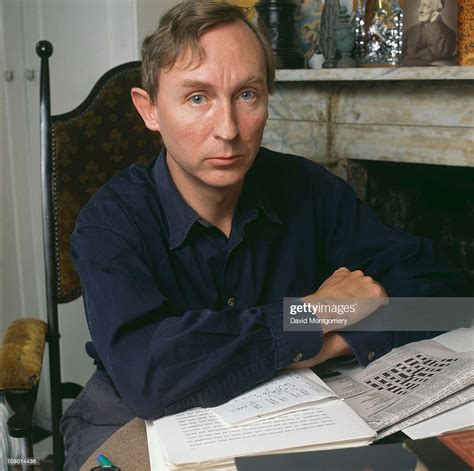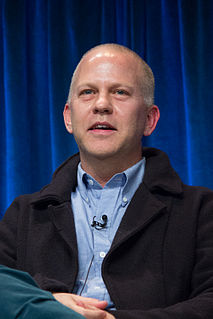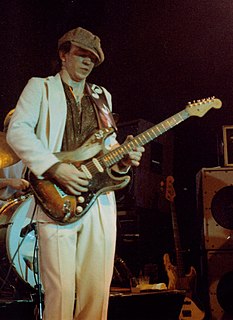A Quote by A. N. Wilson
My belief has come about in large measure because of the lives and examples of people I have known - not the famous, not saints, but friends and relations who have lived, and faced death, in the light of the Resurrection story, or in the quiet acceptance that they have a future after they die.
Related Quotes
We always think of saints as these monks or nuns or popes or priests from centuries ago who were celibate or lived very quiet lives. Maybe we don't know a lot about a lot them but what I'm saying is the saints of the 21st century are gonna be regular people - people who've kissed other people. They're gonna be married people.
This is the fear: death will come and we have not lived yet. We are just preparing to live. Nothing is ready; life has not happened. We have not known the ecstasy which life is; we have not known the bliss life is; we have not known anything. We have just been breathing in and out. We have been just existing. Life has been just a hope and death is coming near. And if life has not yet happened and death happens before it, of course, obviously, we will be afraid because we would not like to die.
There is nothing to be known about anything except an initially large, and forever expandable, web of relations to other things. Everything that can serve as a term of relation can be dissolved into another set of relations, and so on for ever. There are, so to speak, relations all the way down, all the way up, and all the way out in every direction: you never reach something which is not just one more nexus of relations.
"It is light that reveals, light that obscures, light that communicates. It is light I "listen" to. The light late in the day has a distinct quality, as it fades toward the darkness of evening. After sunset there is a gentle leaving of the light, the air begins to still, and a quiet descends. I see magic in the quiet light of dusk. I feel quiet, yet intense energy in the natural elements of our habitat. A sense of magic prevails. A sense of mystery. It is a time for contemplation, for listening - a time for making photographs. "
Death is a part of all our lives. Whether we like it or not, it is bound to happen. Instead of avoiding thinking about it, it is better to understand its meaning. We all have the same body, the same human flesh, and therefore we will all die. There is a big difference, of course, between natural death and accidental death, but basically death will come sooner or later. If from the beginning your attitude is 'Yes, death is part of our lives,' then it may be easier to face.






































